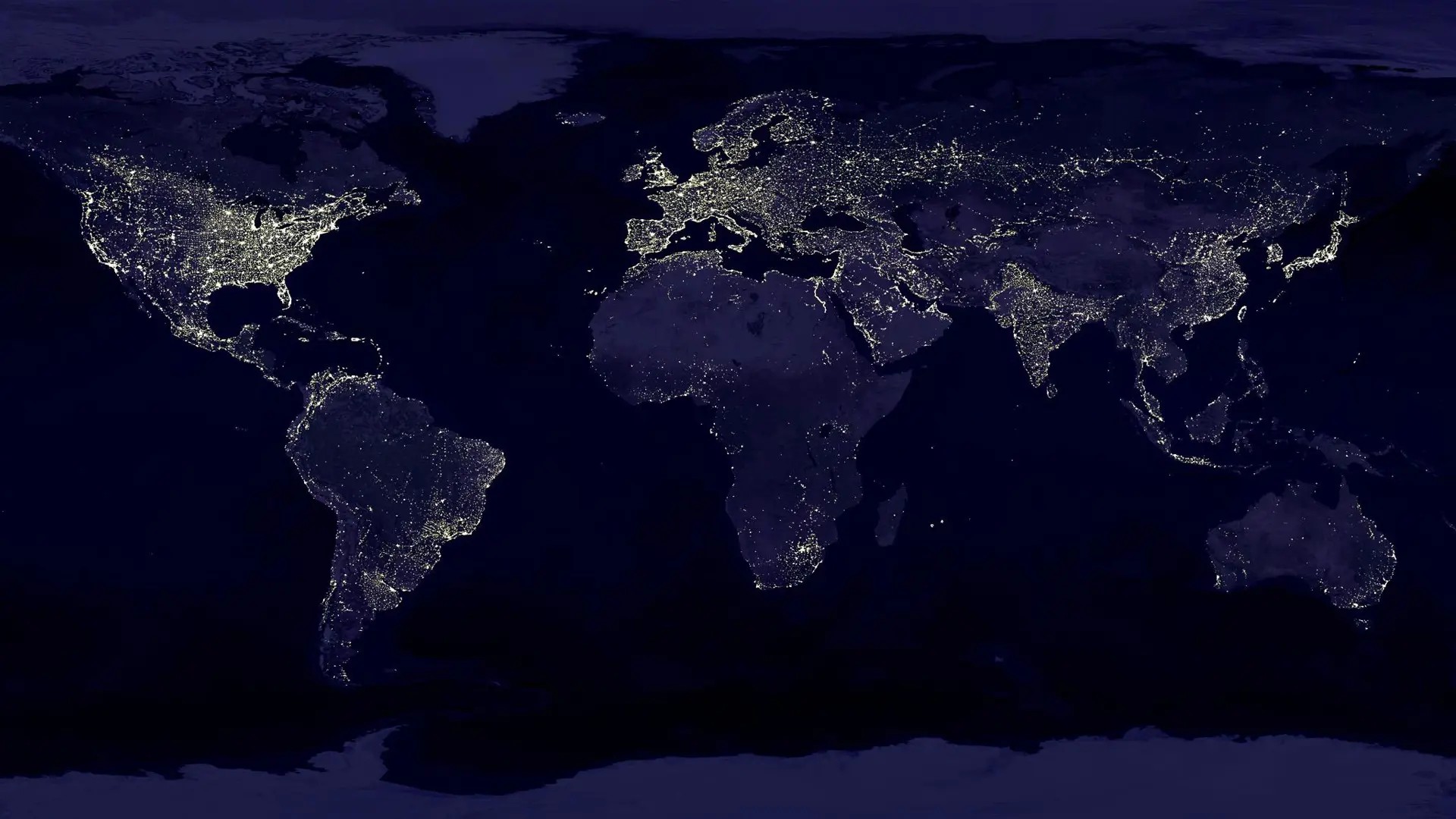Our research has its roots in physics. In the beginning, the research was focused on the transformation of physical resources (material, energy and land) in natural and societal systems. Today the research is more interdisciplinary and aims at building knowledge about how to transform societies in a more sustainable direction.

Our goal is to conduct research that are relevant to society and meet high scientific standard in all our research areas:
Complex systems include theory and model development for analysis of collective phenomena in nature and society, for example in statistical mechanics and quantum mechanics, as well as in ecological, evolutionary, and societal systems.
Development of methodology and models for studies of societal systems
The groups research aims at improved understanding of systems composed by interacting agents in society. This includes model development of energy systems transitions and bridges to more applied areas within the division.
This research area primarily includes modeling and analysis of future energy and transport systems. Examples include how to design a renewable electricity system and how greenhouse gas emissions can be mitigated cost-effectively.
Navigating sustainability transitions
The research group conducts research in inter- and transdisciplinary collaboration on how complex sustainability transitions can be guided in practice with an emphasis on backcasting and societal labs. The group has co-founded and built up Chalmers Initiative for Innovation and Sustainability Transitions and their own testbed Challenge Lab
Sustainable circular bioeconomy: agriculture, forestry & land use
This research group addresses questions around current and future societal use of land and biomass resources, within a broad sustainability perspective.
Sustainable consumption
The research group on sustainable consumption addresses a wide range of interdisciplinary research topics related to societal and individual consumption patterns, including carbon footprints, rebound effects, time use, well-being, and policy instruments.
Sustainable transport & mobility
Analyses options for sustainable transport including alternative fuels, electric and autonomous technology, and innovative mobility solution. The group applies both qualitative and quantitative tools and evaluates policy options that support sustainable transport futures.
Technological change in socio-political contexts
The research group seeks to identify realistic strategies and scenarios for transitions to low-carbon energy systems, industries, food production, and land management systems using a combination of empirical, modeling and scenario work.
Interdisciplinary climate modeling
The interlinkages between societal and climate systems need to be understood to achieve a transition to a low-carbon society, where carbon emissions are virtually eliminated. In this research area, we use interdisciplinary modeling approaches to increase our understanding of the integration of those systems.
